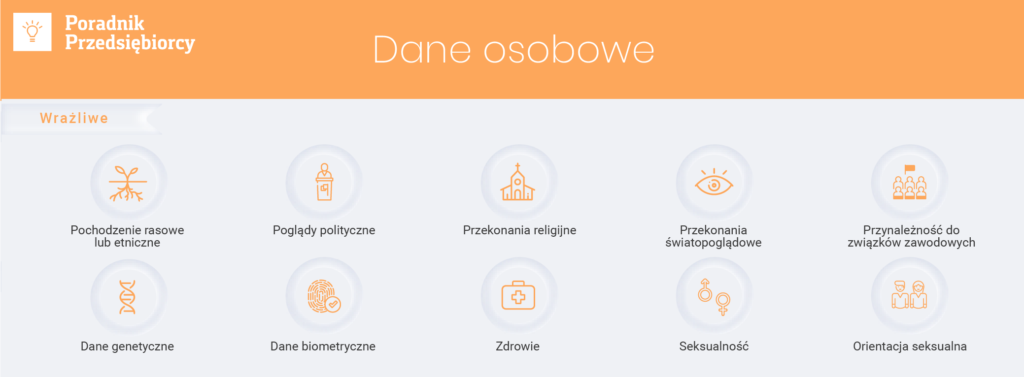Data protection on the Internet. How to protect our data well?
In this article we will learn how to protect our personal information on the Internet.

In this time of epidemic, when more and more people are using the Internet (e.g. e-learning), scammers are lurking, who are just waiting for a good moment to get our data. There are more and more articles on the Internet that someone pretended to be an acquaintance, a policeman or an official in order to get our personal data. Unaware people share them, not knowing the consequences. Not taking care of our personal data works the same way as not locking the door of our house.

What is personal information? – is any information relating to an identified
or identifiable natural person.
- An identifiable person is one who can be identified, directly or indirectly, in particular by reference to an identification number or to one or more factors specific to his physical, physiological, mental, economic, cultural or social characteristics.
- Information shall not be considered to enable identification if this would require excessive
cost, time and effort. - Personal information is not individual information with a high degree of generality, such as a street name and house number alone.
Ordinary data
We can divide data into sensitive and ordinary data. Just because data is. ordinary doesn’t mean we can share it. They are also extremely important

Sensitive data.
Sensitive data is the data we should especially protect.

Let’s remember. Do not trust people on the Internet. Do not give out personal information that can be used. When the clerk calls you, make sure the clerk is calling you and not the scammer. Don’t be afraid to ask. We never know who is on the other end.
Let’s also consider downloading files. We should download files from original sites. This will minimize the risk of downloading viruses, e.g. torrent; which can steal our data; account passwords etc.

Processing
Personal data are all the operations which are performed upon information, in particular
in particular:
- collection (collection)
- storage
- sharing
- changing
- transferring
- preserving
- development
What are the legal grounds
for processing personal data?
- the data subject has given his/her consent, unless it is a question of deletion of data
- necessary for the exercise of a right or obligation arising from a provision of law
- necessary for the performance of a contract to which the data subject is a party or necessary to take steps at the request of the data subject prior to entering into a contract
- necessary for the performance of a task prescribed by law for reasons of public interest
- necessary for the fulfilment of the legally justified purposes pursued by the controllers
or recipients of data and the processing does not violate the rights and freedoms of the data subject
The processing of data is permitted
- processing relates to data which are necessary for asserting rights before
court processing is
necessary for the performance of the tasks of the controller relating to
the employment of employees and other persons, and the scope of the processed data is
the processing is carried out in order to protect the health of
health,
provide medical services or
treatment of patients by professionals or
providing other medical services
the processing concerns data which have been made public
by the data subject is necessary for
to conduct scientific research, including
to prepare a thesis required for the award of a higher education diploma or
to conduct scientific research, including the preparation of a dissertation required for the award of a graduate or postgraduate degree; publication of scientific research results shall not
the publication of research results must not be carried out in such a way that the data subjects are identifiable
the processing is carried out by a party for the purpose of exercising rights and
obligations resulting from a decision issued in judicial or administrative proceedings
administrative proceedings
it is necessary for the performance of statutory tasks of churches
churches and other religious associations, associations, foundations, or other
non-profit organizations or institutions with political, scientific, religious, philosophical or other
religious, philosophical or trade-union purposes, provided that the processing of the data
data relate solely to members of such organisations or institutions or to persons who have regular contact with them in connection with their
regular contacts in connection with their activities and full guarantees are provided for the protection of the
protection of the processed data.